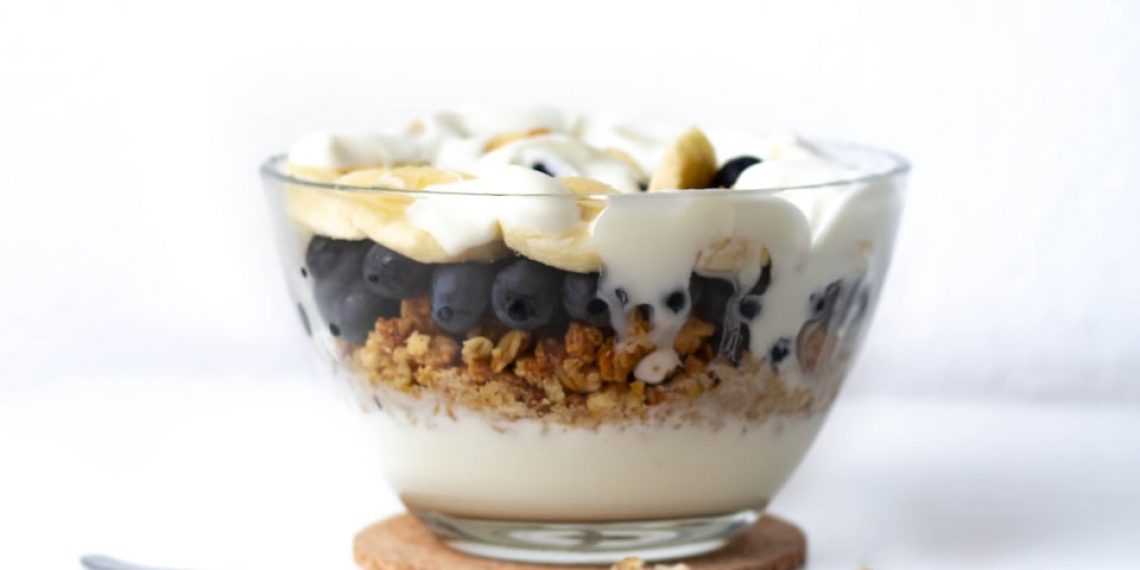Digestive wnzymes and probiotics, what’s the difference? Digestive enzymes and probiotics are both important for supporting digestive health, but they work in different ways.
Digestive enzymes are proteins that help to break down food in the digestive system. They are produced naturally by the body and are found in the pancreas and small intestine. There are several different types of digestive enzymes, including amylases, which break down carbohydrates; lipases, which break down fats; and proteases, which break down proteins.
Probiotics, on the other hand, are live microorganisms, usually bacteria, that are similar to the beneficial microorganisms found in the human gut. They are often referred to as “good” or “helpful” bacteria because they can help to support the balance of microorganisms in the digestive system and promote overall digestive health. Probiotics are found in fermented foods, such as yogurt and sauerkraut, and are also available in supplement form.
Both digestive enzymes and probiotics can be important for maintaining good digestive health, and including a variety of digestive enzyme-rich and probiotic-rich foods in your diet can be beneficial.






